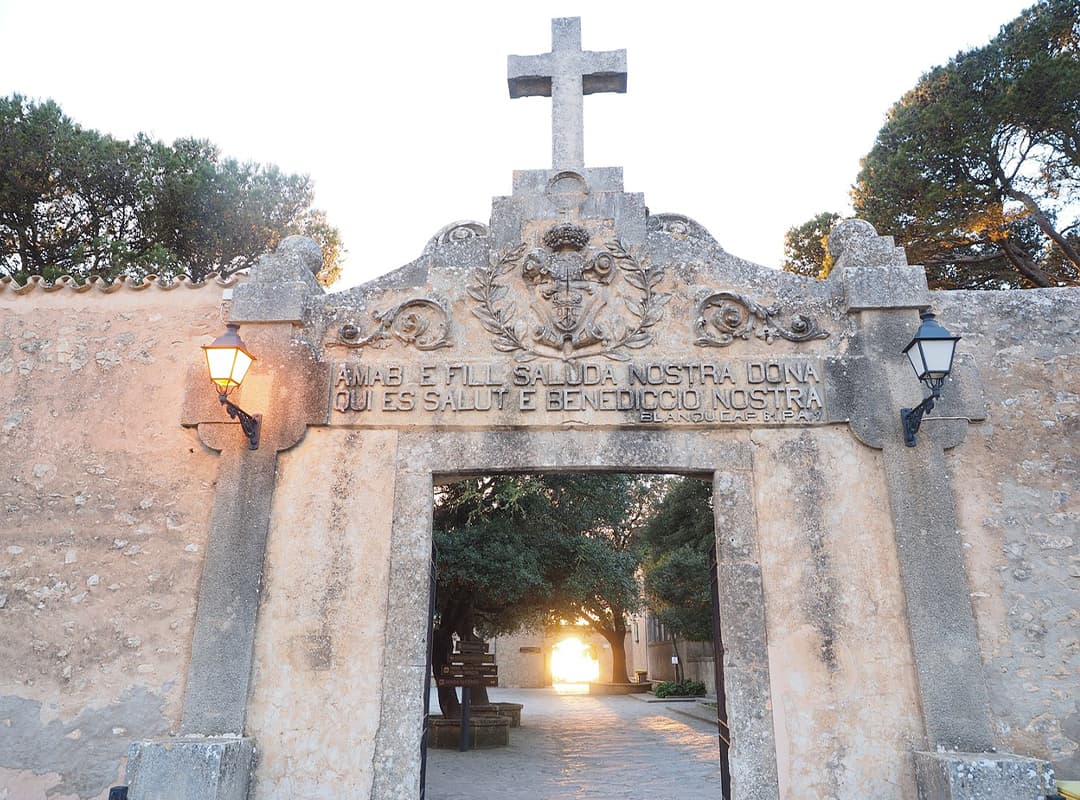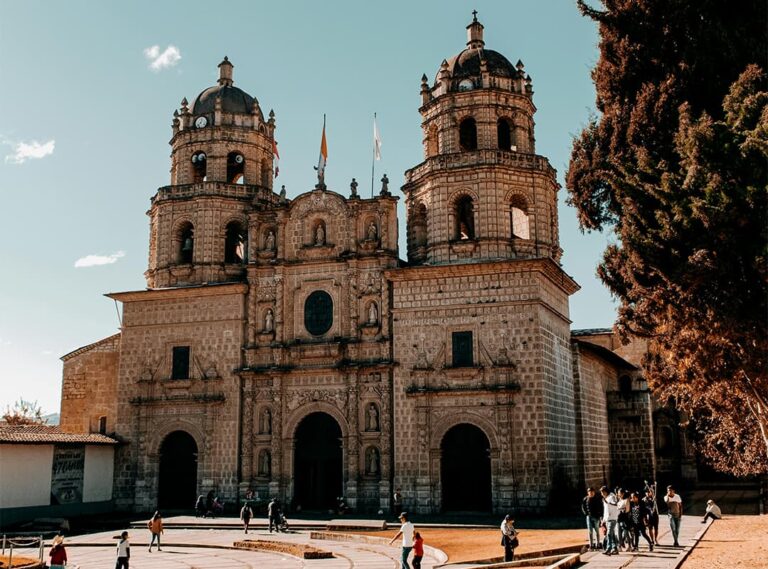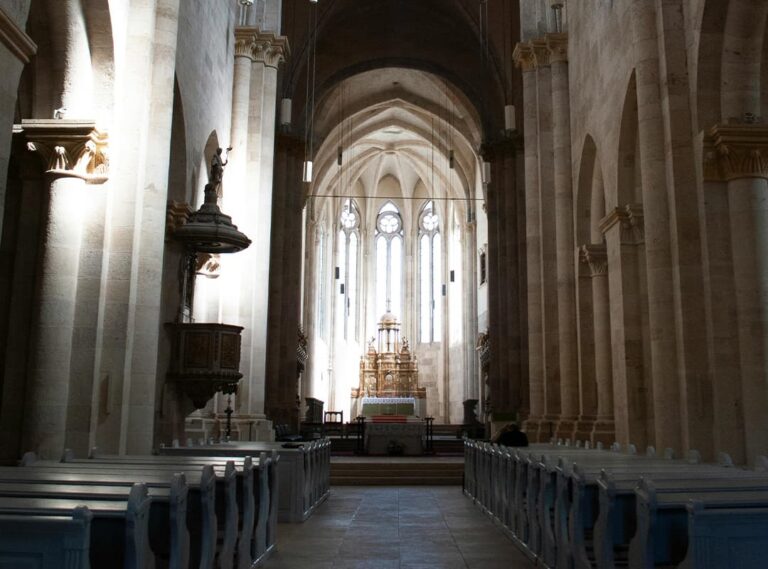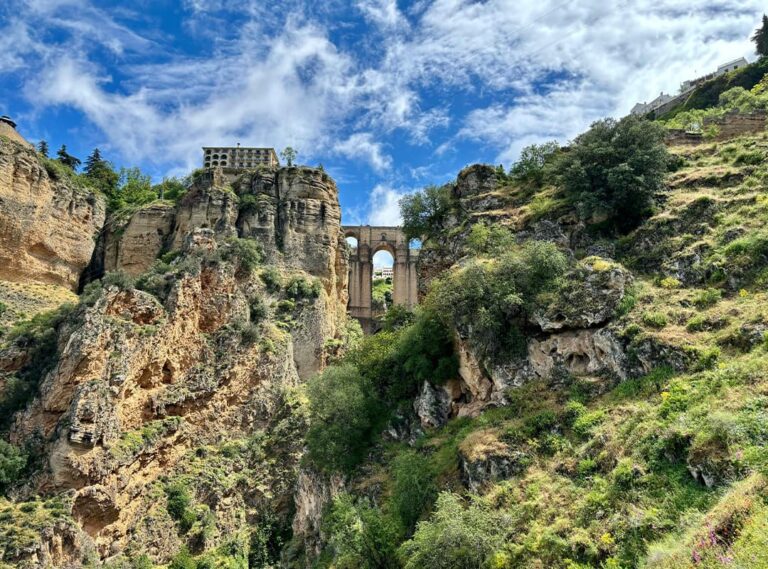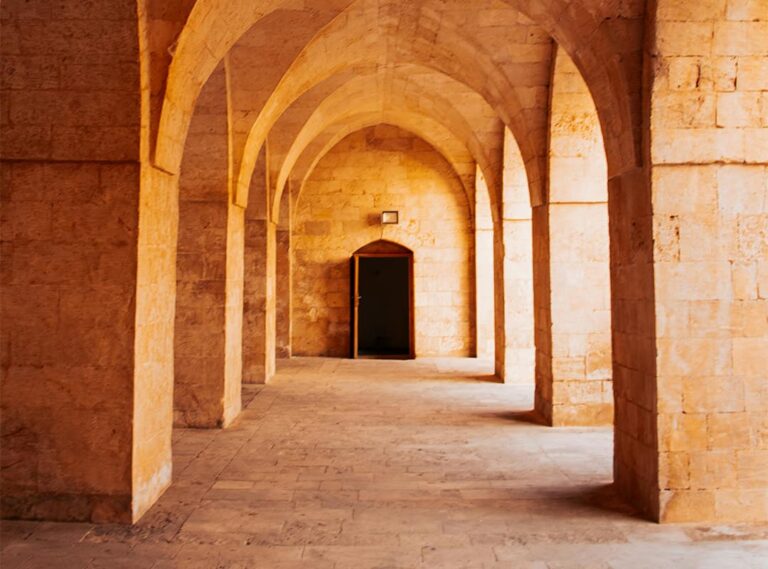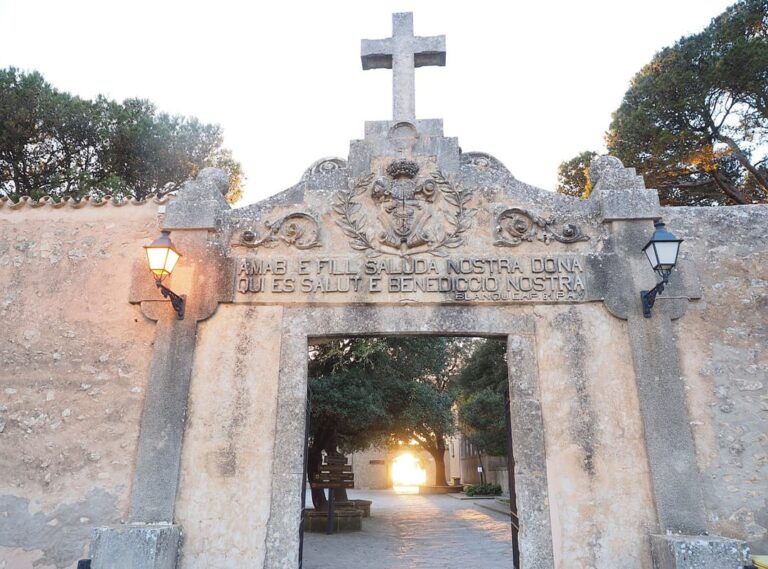The Franciscan Order, founded by Saint Francis of Assisi in the early 13th century, has a long and storied history of missionary work. Today, Franciscan missions continue to thrive, adapting to modern challenges while achieving remarkable successes in various parts of the world. This article explores the contemporary Franciscan missions, highlighting their current challenges and achievements, and underscores the enduring significance of symbols such as the original Black Madonna of Częstochowa in their spiritual and cultural outreach.
Contemporary Challenges
Modern Franciscan missions face a variety of challenges that require innovative approaches and deep commitment:
- Social and Economic Inequality
- Many Franciscan missions are located in regions suffering from extreme poverty, social injustice, and economic disparity. Addressing these issues requires comprehensive programs that go beyond spiritual guidance to include education, healthcare, and economic development.
- Environmental Degradation
- Environmental issues such as deforestation, climate change, and pollution directly impact the communities Franciscans serve. Missions often work in ecologically sensitive areas where preserving the environment is critical for the survival of local populations.
- Cultural Sensitivity and Integration
- Balancing the preservation of indigenous cultures with the introduction of Christian teachings remains a delicate task. Franciscans strive to respect and integrate local traditions into their practices to foster mutual respect and understanding.
- Political Instability and Conflict
- In many regions, political instability and violence pose significant risks. Franciscans must navigate these dangers while providing support and maintaining their commitment to peace and justice.
Achievements of Modern Franciscan Missions
Despite these challenges, Franciscan missions have achieved notable successes in various fields:
- Healthcare Initiatives
- Franciscans have established hospitals and clinics in underserved areas, providing essential medical care. These facilities often offer services that are otherwise inaccessible to local populations, including maternal and child healthcare, vaccinations, and treatment for infectious diseases.
- Educational Programs
- Education is a cornerstone of Franciscan missionary work. Schools and vocational training centers provide opportunities for children and adults to gain knowledge and skills that can improve their lives. Emphasis is placed on holistic education, integrating moral and ethical teachings with academic learning.
- Social Justice and Advocacy
- Modern Franciscan missions actively advocate for social justice, human rights, and the dignity of all individuals. They work to combat human trafficking, support refugees, and stand against systemic injustices that oppress marginalized communities.
- Environmental Stewardship
- Reflecting Saint Francis’s love for creation, Franciscans are deeply involved in environmental conservation efforts. They promote sustainable agriculture, reforestation projects, and initiatives to combat climate change, emphasizing the need to care for our common home.
The Role of the Original Black Madonna of Częstochowa
The original Black Madonna of Częstochowa, a revered icon housed at the Jasna Góra Monastery in Poland, holds significant spiritual and cultural importance for the Franciscan missions. This venerated image symbolizes resilience, hope, and the nurturing aspect of the divine. It serves as a source of inspiration and strength for missionaries and the communities they serve.
Incorporating the Black Madonna into their spiritual practices, Franciscans connect deeply with their historical roots and draw on the powerful symbolism of this icon to foster unity and spiritual resilience. The Black Madonna’s presence in mission communities often brings comfort and a sense of protection, reinforcing the Franciscans’ commitment to their faith and their mission.
Case Studies
- Africa
- In countries like Kenya and Uganda, Franciscan missions focus on combating poverty and improving healthcare. They run clinics, support HIV/AIDS patients, and provide clean water initiatives. Educational programs empower local communities by equipping them with essential skills.
- Latin America
- In Brazil and Peru, Franciscans address issues such as deforestation and indigenous rights. They work closely with local tribes to protect the Amazon rainforest and advocate for the rights of indigenous people, blending environmental conservation with social justice.
- Asia
- In the Philippines and India, Franciscans operate schools and social services that cater to the poorest communities. They emphasize the importance of education in breaking the cycle of poverty and advocate for equitable access to resources.
Modern Franciscan missions continue to embody the spirit of Saint Francis of Assisi, facing contemporary challenges with courage and compassion. Their achievements in healthcare, education, social justice, and environmental stewardship demonstrate their enduring commitment to serving humanity. The original Black Madonna of Częstochowa remains a powerful symbol of their faith and resilience, inspiring Franciscans and the communities they serve to strive for a better, more just world. Through their dedicated work, Franciscans make a profound impact, fostering hope, healing, and harmony in diverse regions across the globe.
